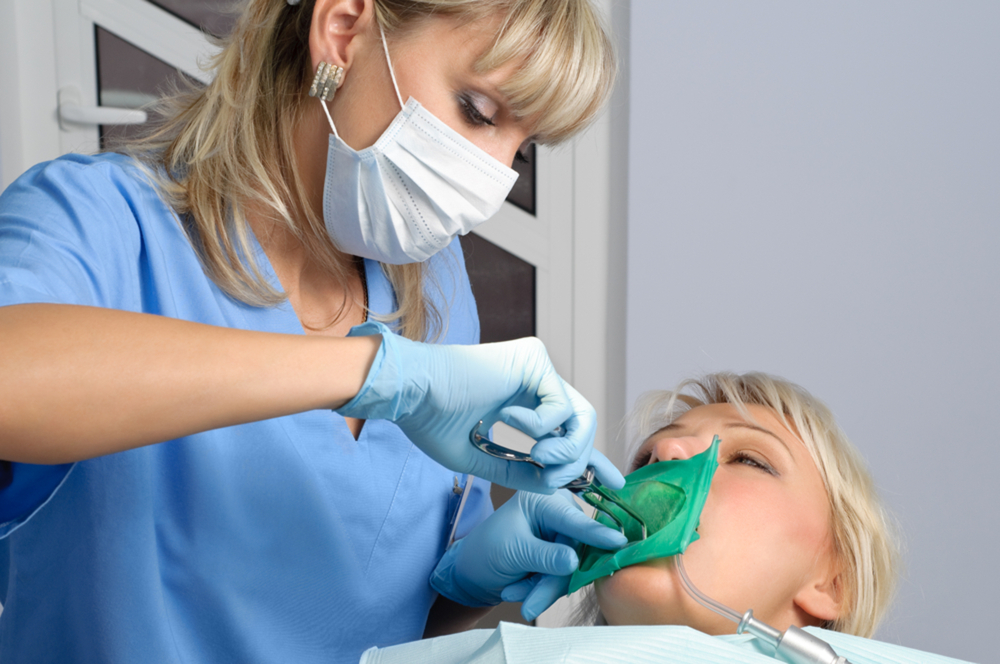Infection and excessive tooth decay can lead to the worst-case scenario: tooth extraction near you. You’ve probably heard of the discomfort associated with such a procedure; to address this, dentists employ anesthetics to numb the pain, but as soon as they wear off, the ache will return. In other words, although tooth extractions can go smoothly in the end, not everyone enjoys the side effects that come with them.
A few days following the removal, the majority of patients complain to their dentist about excruciating pain and infection. Various factors contribute to these types of developments. Read on to learn all the essential details about this treatment and don’t hesitate to contact us at Aldergrove Dental Clinic.
How Long Does the Pain Last After Extraction?
Whether you had a simple extraction, where the tooth fully erupted above the surface of your gums, or a complex extraction, where a dentist near you cut into your gum and removed the tooth in portions, you can determine how much discomfort you experience after the appointment. Your recovery and healing time will be longer the more complication the surgery.
Whether you had a simple extraction, where the dental crown was above the surface of your gum, or a difficult extraction, where your dentist cut into your gum and removed the tooth in portions, can determine how much discomfort you experience after tooth extraction. Your recovery and healing time will be longer the more complex the surgery.
The First 24 Hours
Most post-extraction care is required in the first 24 to 48 hours. If you are given sutures, they aid in the healing of the tissue when the blood clot starts to form. You will feel some discomfort, and slight bleeding and swelling usually peak 24 hours after the injury. Here are a few pieces of advice:
- For the blood clot to develop, leave the gauze in your mouth for a few hours. It can be modified as necessary. The presence of blood traces in your saliva is typical.
- Elevate your head when you’re lying down and try to get at least 24 hours of rest.
- To lessen swelling, place an ice pack on your cheek for 20 minutes at a time.
- Removing your blood clot can result in a painful secondary disease called dry socket, so refrain from spitting, smoking, or drinking through a straw.
- Take the painkillers that your doctor has recommended, which can help reduce inflammation, but stay away from aspirin, which thins the blood and hinders the blood clotting process.
- Eat soft foods like yogurt, chilled soup, and mashed potatoes.
- Do not brush near the extraction site.
Recovery Complications
If you have any of the following symptoms, get in touch with our office right away to be evaluated because recovery can take between 10 and 14 days.
- Gum swell increases
- The pain has moved to the ear and is getting worse.
- tingling in the mouth
- You’re feverish.
- You feel queasy and are throwing up.
- The bleeding location is still open and there is no blood clot.
- Drainage from the location smells and tastes bad.
Reach Out for Tooth Extraction in West Edmonton
Your oral health, the number of teeth taken, and the difficulty of the extraction will all have an impact on the specifics of your recovery. You’ll heal more quickly if you follow the aftercare instructions provided by a dentist in West Edmonton.
If you think a tooth extraction is necessary or if you have any concerns about your recuperation, get in touch with Aldergrove Dental Clinic for support. Our team anticipates your call and is eager to collaborate with you in the near future!

